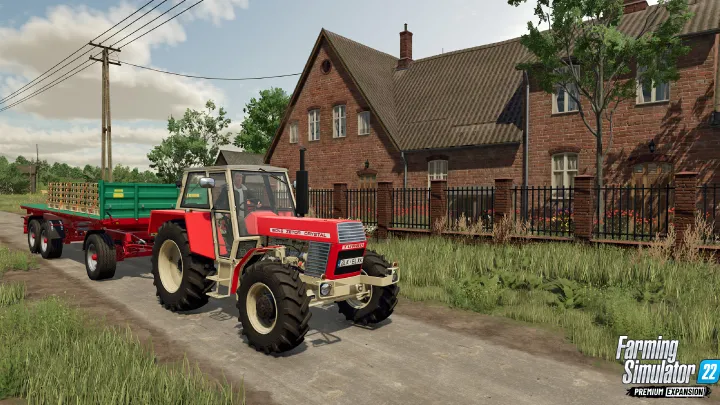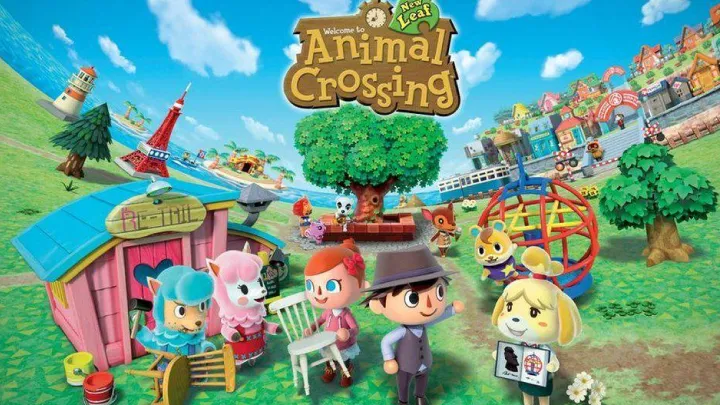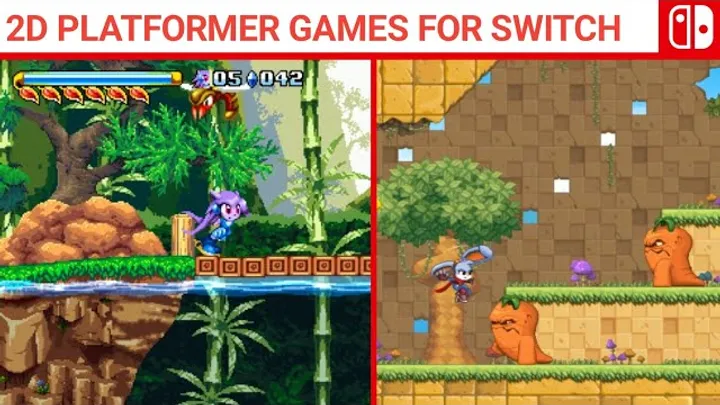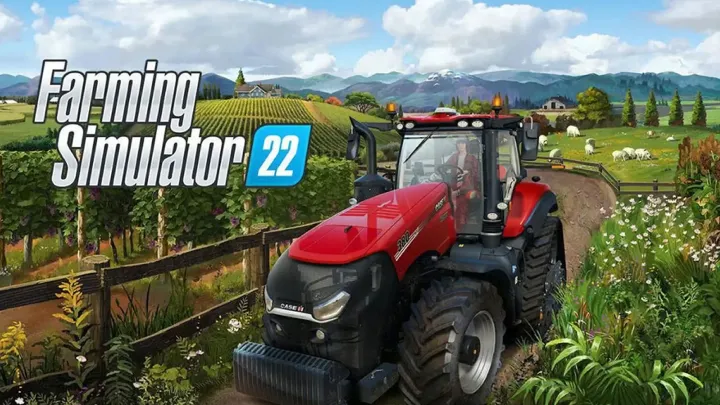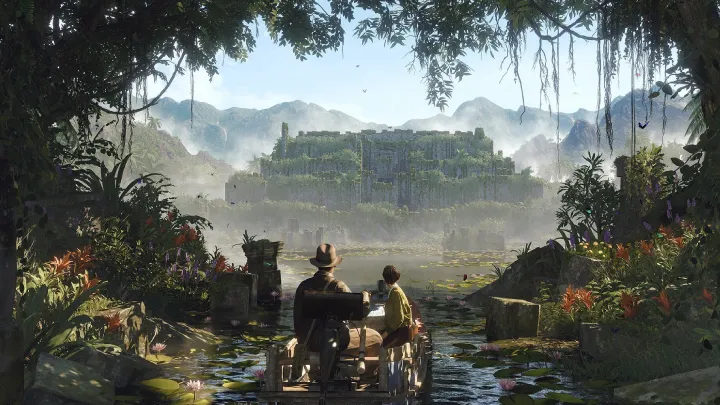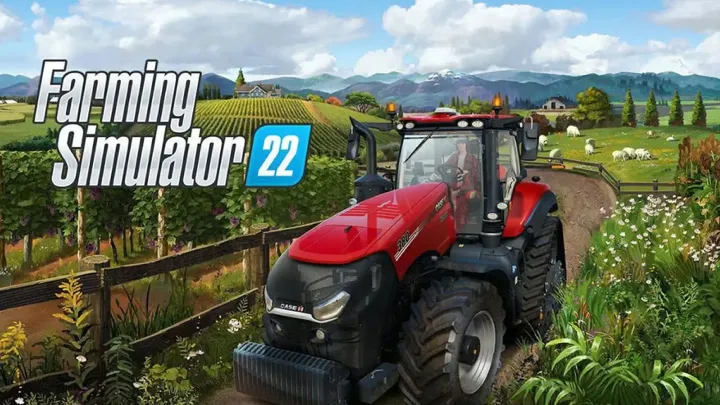
Farming Simulator 22, developed by Giants Software, is not just a game about farming; it is a nuanced exploration of agricultural management, sustainability, and personal identity within the farming community. Since its release, the game has captivated players with its detailed simulation of farming life, offering an immersive experience that reflects real-world agricultural practices. This article will delve into the specific issue of agricultural management in Farming Simulator 22, examining how players navigate the complexities of farming, the impact of their choices on identity, and the broader implications for understanding modern agriculture.
The Setting: A Virtual Agricultural Landscape
Entering the Farming World
Farming Simulator 22 allows players to step into the shoes of a farmer in a meticulously designed agricultural landscape. With multiple maps inspired by real-world locations, players can engage with a variety of farming environments, each presenting unique challenges and opportunities. The game offers a diverse range of crops, livestock, and machinery, creating a rich tapestry for players to explore.
The setting serves as a backdrop for the core mechanics of the game, emphasizing the importance of land management and resource allocation. Players must develop their farms, cultivate crops, and raise livestock while navigating the economic realities of farming. This immersive environment encourages players to consider their approach to agricultural management and the decisions that will define their farming experiences.
The Layers of Agricultural Diversity
Farming Simulator 22 showcases a wide array of agricultural practices, from traditional crop farming to modern precision agriculture. Players can choose to plant various crops, including wheat, corn, and soybeans, each with its own growth cycles and harvest requirements. Furthermore, the introduction of new crops such as grapes and olives allows players to diversify their farming operations and explore different market opportunities.
This diversity reflects the complexities of real-world agriculture, where farmers must adapt to changing conditions, market demands, and technological advancements. The game’s attention to detail in simulating these practices encourages players to engage with the intricacies of agricultural management, fostering a deeper understanding of the challenges faced by modern farmers.
The Mechanics of Farming: Managing Resources and Time
Resource Management
At the heart of Farming Simulator 22 is the emphasis on resource management. Players must meticulously plan their farming operations, considering factors such as soil quality, crop rotation, and equipment maintenance. The game introduces elements of financial management, requiring players to consider their budgets, investments, and potential profits.
Resource management extends beyond just crops; players must also manage livestock, machinery, and the land itself. This multifaceted approach encourages players to think critically about their farming practices and make informed decisions that will impact their overall success. The necessity of balancing various resources reflects the complexities of real-world agriculture, where farmers must navigate economic and environmental challenges.
The Time Factor
Time management is another crucial aspect of Farming Simulator 22. Each crop has specific growth cycles, and players must plan their activities accordingly. The changing seasons further complicate this dynamic, as players must adapt their farming strategies to the weather conditions. The game includes a day-night cycle and seasonal changes, adding depth to the simulation experience.
Players must prioritize tasks, such as planting, harvesting, and selling produce, while also considering the long-term sustainability of their farming practices. This emphasis on time management challenges players to strategize effectively, reinforcing the idea that farming is a continuous cycle that requires foresight and planning.
The Role of Technology: Innovation in Agriculture
Embracing Modern Machinery
Farming Simulator 22 features an extensive array of machinery and equipment, from tractors and combines to specialized tools for planting and harvesting. The introduction of advanced technology reflects the ongoing evolution of agriculture, where innovation plays a vital role in improving efficiency and productivity.
Players can invest in new machines and tools that enhance their farming operations, allowing for faster and more efficient work. This aspect of the game emphasizes the importance of technology in modern agriculture, encouraging players to consider how advancements can improve their practices and yield.
Precision Farming: A New Paradigm
The game introduces elements of precision farming, allowing players to utilize data and technology to optimize their farming practices. For instance, players can analyze soil quality, monitor crop health, and adjust their strategies based on real-time data. This approach reflects a broader trend in agriculture, where farmers increasingly rely on technology to make informed decisions.
The incorporation of precision farming mechanics encourages players to think critically about their resource management and environmental impact. This emphasis on data-driven decision-making prompts players to reflect on the complexities of modern agriculture and the ethical considerations of sustainability.
The Emotional Connection: Identity and Community
The Personal Journey of the Farmer
Farming Simulator 22 allows players to cultivate a personal identity as they navigate the challenges of agricultural management. The immersive experience enables players to invest emotionally in their farms, forming connections with their crops, livestock, and the land itself. This emotional attachment fosters a sense of pride and ownership, which is integral to the player’s identity.
Players often develop a unique style of farming that reflects their values and priorities. Whether focusing on sustainable practices, maximizing profits, or creating a diverse farm, each player’s journey becomes a personal narrative that shapes their identity within the game.
The Community Aspect
In addition to individual experiences, Farming Simulator 22 incorporates community dynamics through multiplayer features. Players can join with friends or other farmers online, sharing resources, collaborating on projects, and participating in community events. This social aspect enhances the gameplay experience, allowing players to forge connections and build relationships within the farming community.
The importance of community in the game reflects the real-world significance of collaboration in agriculture. Farmers often rely on one another for support, knowledge, and resources, creating a network of shared experiences and mutual assistance. This emphasis on community underscores the idea that identity is shaped not only by individual choices but also by collective efforts and shared values.
The Economic Realities of Farming: Balancing Profit and Sustainability
Navigating the Market
Farming Simulator 22 introduces economic elements that require players to navigate the complexities of supply and demand. Players must consider market prices when selling their crops and livestock, making strategic decisions about what to grow and when to sell. This economic aspect mirrors the realities of modern farming, where market fluctuations can significantly impact a farmer’s livelihood.
The need to balance profitability with sustainable practices poses a philosophical question for players. Should they prioritize short-term profits or invest in long-term sustainability? This tension reflects broader discussions about the future of agriculture and the ethical considerations of farming practices.
The Impact of Sustainability
Sustainability is a critical theme in Farming Simulator 22, prompting players to consider their environmental impact. The game encourages players to adopt practices that promote soil health, biodiversity, and resource conservation. Players can choose to implement crop rotation, organic farming methods, and other sustainable practices, influencing their overall success.
This focus on sustainability challenges players to reflect on their relationship with the land and the long-term implications of their farming choices. The game serves as a reminder that agriculture is not just about immediate gains; it is interconnected with the health of the environment and the well-being of future generations.
The Challenges of Modern Farming: Adapting to Change
Environmental Challenges
Farming Simulator 22 introduces various environmental challenges that players must navigate. Weather patterns, pests, and diseases can impact crop yields and livestock health, requiring players to adapt their strategies. These challenges reflect the realities faced by farmers in the real world, where climate change and environmental factors can significantly affect agricultural practices.
Players must develop resilience and adaptability in the face of these challenges, reinforcing the theme of survival in a constantly changing environment. This dynamic adds depth to the gameplay experience, prompting players to think critically about their farming practices and the potential consequences of their choices.
Economic Pressures
In addition to environmental challenges, players must also contend with economic pressures. The need to balance expenses, investments, and profits can create a sense of stress and urgency, reflecting the realities of modern farming. Players must consider their financial stability, making strategic decisions about when to invest in new equipment or expand their operations.
These economic pressures highlight the complexities of agricultural management, encouraging players to develop their business acumen while balancing their passion for farming. The duality of farming as both a livelihood and a way of life underscores the emotional and psychological aspects of the player’s journey.
The Legacy of Farming Simulator 22: Cultural Reflections
A Reflection of Agricultural Practices
Farming Simulator 22 serves as a cultural reflection of agricultural practices and the challenges faced by farmers today. The game’s attention to detail, realistic mechanics, and emphasis on sustainability provide players with insights into the complexities of modern farming. This cultural representation fosters a deeper understanding of the agricultural industry and its impact on society.
By engaging with the game, players are encouraged to consider the broader implications of their choices and the values they hold regarding food production, sustainability, and community. This engagement reinforces the idea that farming is not just a profession; it is a way of life deeply intertwined with cultural and societal values.
Inspiring Future Generations
The influence of Farming Simulator 22 extends beyond entertainment; it has the potential to inspire future generations to engage with agriculture. As players immerse themselves in the game, they may develop an appreciation for farming practices and a desire to learn more about the industry. This interest can lead to discussions about sustainability, environmental stewardship, and the importance of supporting local agriculture.
By fostering a connection to farming through gameplay, Farming Simulator 22 encourages players to reflect on their relationship with food and the environment. This engagement has the potential to inspire positive change and a deeper understanding of the complexities of agricultural practices.
Conclusion
Farming Simulator 22 is more than just a game about farming; it is a multifaceted exploration of agricultural management, identity, and the challenges faced by modern farmers. Through its detailed mechanics, rich cultural representation, and emphasis on sustainability, the game invites players to engage with the complexities of farming and reflect on their values and choices.
